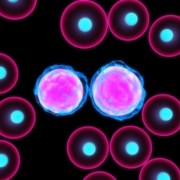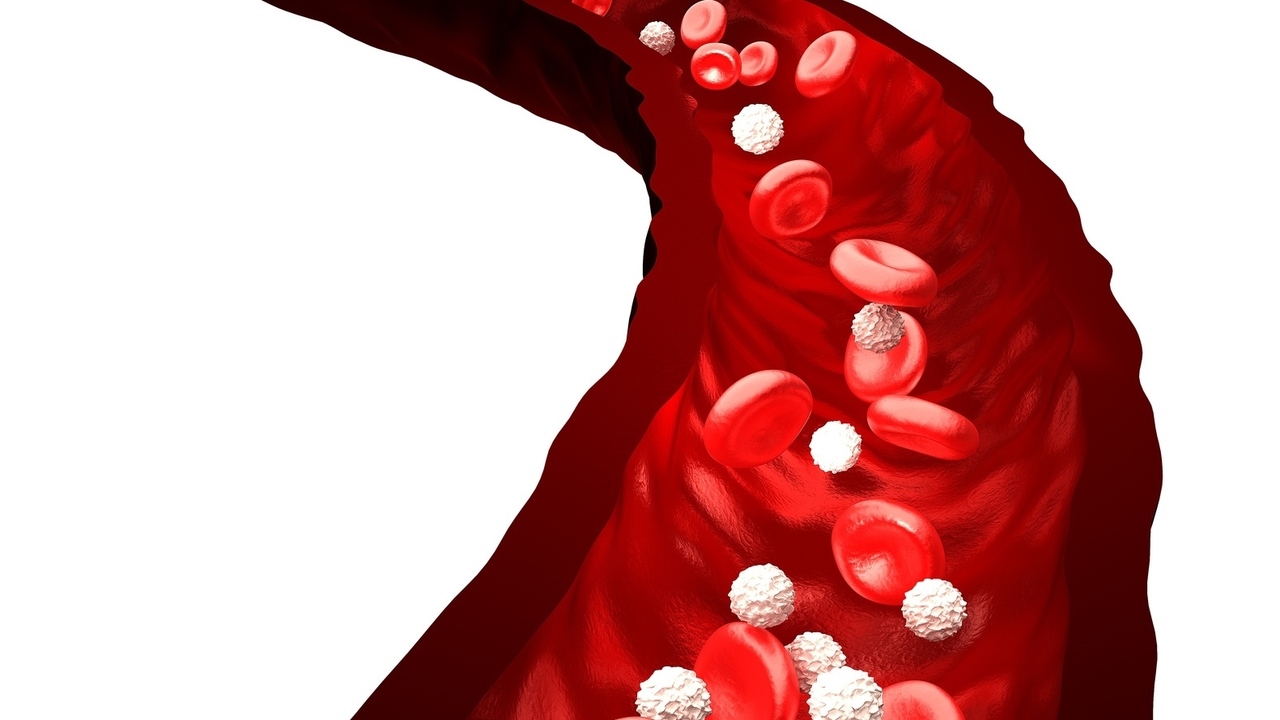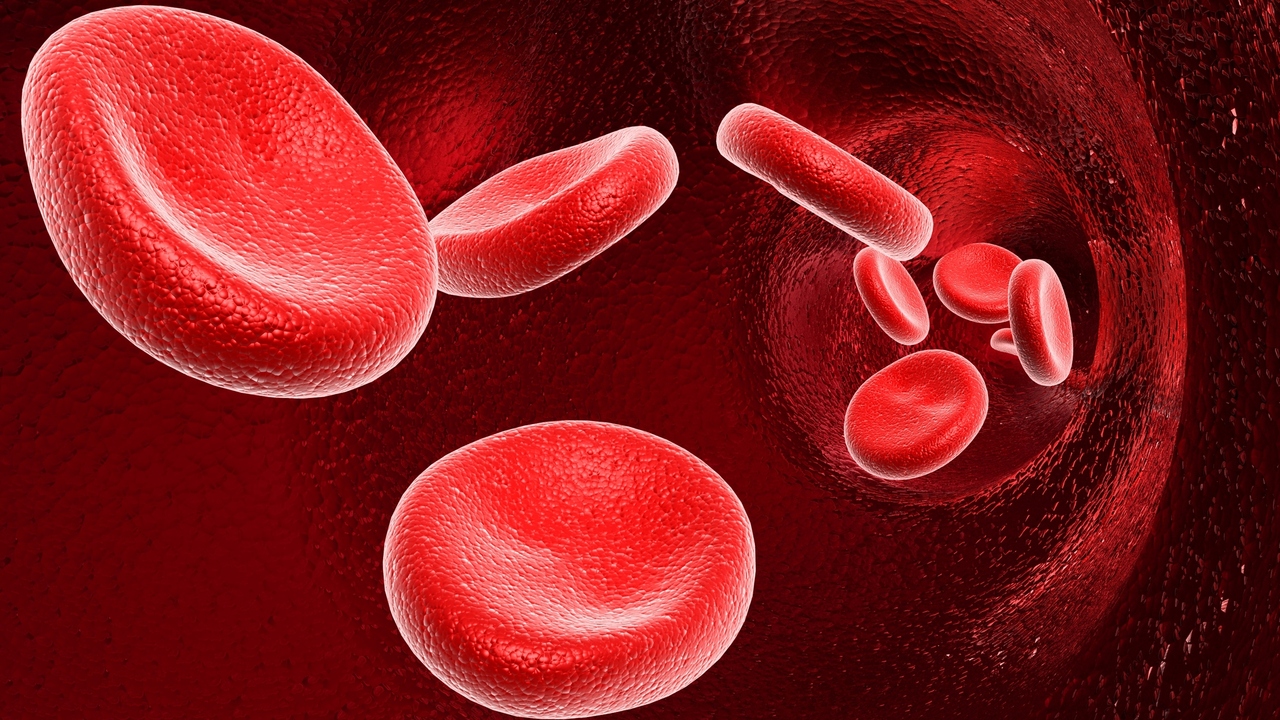 Photo: Getty Images
Photo: Getty Images
Most people have heard of leukemia but still want to know, what is leukemia? The short answer is that it is a cancer of the blood cells. To understand leukemia, it’s important to have a basic understanding of the blood cells that leukemia affects.
Bone marrow is the soft material found inside the center of most of your bones. Most of your blood cells are actually developed from cells within your bone marrow known as stem cells.
The stem cells mature and develop into different kinds of blood cells. Each different kind of blood cell has a special job, and they are as follows:
• White blood cells, of which there are several types, help fight infection
• Red blood cells are the oxygen-carrying cells, delivering oxygen to all bodily tissues
• Platelets help to control bleeding by forming blood clots
As the body requires them, new blood cells are created from the stem cells. The new blood cells replace older ones that are damaged or dying.
In a person with leukemia, the bone marrow makes abnormal white blood cells. The abnormal cells are leukemia cells.
Leukemia cells differ from normal blood cells in that they do not die when they should. They can crowd out normal white blood cells, red blood cells, and platelets, making it difficult for normal blood cells to do their work properly.
Some of the signs of leukemia include easy bruising, weight loss, night sweats, and unexplained fevers. Other symptoms of leukemia are persistent fatigue or weakness, frequent infections, anemia, bone pain and tenderness. However, many individuals experience vague symptoms and aren’t sure they’re symptoms at all.
If there is any doubt in your mind, seeking medical attention is highly recommended. Symptoms and signs of leukemia can be, at times, overlooked because they may seem so innocuous. In fact, some people suffering with leukemia had at first mistaken their symptoms for flu or other common illnesses.
There are four main types of leukemia. These are acute lymphocytic leukemia (ALL), chronic lymphocytic leukemia (CLL), acute myelocytic leukemia (AML), and chronic myelocytic leukemia (CML).
Leukemias are organized according to criteria around the rapidity of the development of the disease, either chronic or acute, and the type of blood cell that is affected, either lymphocytes or myelocytes.
The diagnosis of leukemia involves a complete medical history as well as an exam of bone marrow under a microscope, blood work and a complete physical examination. Treatments for leukemia will vary.
Treatment is dependent upon the age and health of the patient, the extent of the disease, prior history of treatment, and the type of leukemia being treated. Chemotherapy is the most common form of treatment. Radiation therapy and bone marrow transplantation are also widely used.
Sources:
Symptoms of Leukemia. MayoClinic.com.
Retrieved from the internet on November 13, 2011
http://www.mayoclinic.com/health/leukemia/DS00351/DSECTION=symptoms
Leukemia. MedicineNet.com. Retrieved from the internet on November 13, 2011
http://www.medicinenet.com/leukemia/article.htm
Leukemia and Lymphoma Society. Retrieved from the internet on November 13, 2011
http://www.lls.org
Aimee Boyle is a regular contributor to EmpowHER
Review November 15, 2011
by Michele Blacksberg RN
Edited by Jody Smith






Add a CommentComments
There are no comments yet. Be the first one and get the conversation started!